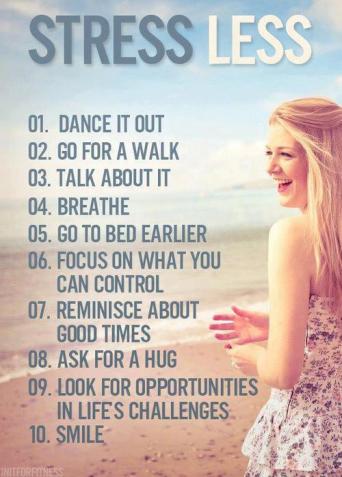
As I walk around each day I feel a sense of hopelessness. It’s that same pinch of hopelessness in my heart from my parents’ divorce over a decade ago and I wonder if true love can last. It’s the deep and steadfast hopelessness that arises each time I remember that my brother is living on the streets and getting high on drugs every day.
I go to class and put on a close to perfect face, but inside I am just waiting for the phone call to hear that my brother has overdosed, and this time it’s fatal. If that day were to ever come, I would bake chocolate chip cookies for him one last time and put them right by his grave, along with a stack of baseball cards.
I try to talk to people about my feelings, but people just say, “I am sorry,” and they think it will get better.
Well I am tired of that answer! I am tired of feeling stuck and I am just waiting for this big piece of my life to fade away. If you have family or friends dealing with addiction to drugs or alcohol, I know you can relate.
So, I am here to encourage you…right?
I don’t have perfect little things to say and I don’t have the answers – if I did, I would take my own advice. But, what I do know is that you should find just one person you can talk to, such as an aunt, grandma, teacher, tutor, someone at Youth Outreach, or a friend. Even press into faith if you believe. I would encourage you find someone who will just listen and be there. And not say, “I’m sorry.” In my eyes, to say “I am sorry,” is for little things, like, “I’m sorry you missed class today because the teacher did something wild!” If you can’t find someone, then write. Write a page to whoever in your life is abusing drugs or alcohol. Then write clearly what you would say to them. I know this might sound silly, but trust me – it helps. After you write this letter, read it out loud and know that it is okay to cry! Next, take a thick black pen and draw over the things that really upset you. After, tear it up, go workout, and just allow yourself to feel what you feel.
Another helpful coping method is to find something that you love to do: cook, journal, maybe clean, or play music. What I have found important is to keep yourself busy in a healthy way. One of the things that I like to do is write poetry. Poems can take on many forms, so there are no rules and there is no pressure. It’s very therapeutic. Here is piece I wrote that reflects on hopelessness in a hopeful way.
Water
It has its perks and it rocks my boat. I swallow my words to not say a thing to anyone about anything, so I will stay on the path of rowing
I sit on a boat and I look at how calm the water is on top. Do I dare look below to see all the hurt that I have seen
Would I be able to look back up
Why is it so hard for me to keep my mouth to myself
I start to think about things that I could do to maybe have control for once
I glance at the idea of what I could breathe in and then I remember all the people around me that are at the bottom of the ocean because of taking that first dirty creation
They have no way of swimming up because every time they try and take a breath it’s filled with more dirty water and they can’t float up
The question becomes how could I save the people in my life that are treating their bodies as a miserable disguise
I wonder if these addictions will fly away
A family is by a simple definition to be healthy and to love
Is the definition for people that are surrounded in dirty water to just breathe in
I can’t imagine becoming one of them
I see how their life will never go back to being who they once were
If that was the case, it would be broken hearts and deep desires to let anything in
Do I have hope
I want to believe that I do
Now what
I can jump in with a lifejacket
I can swim with goggles and make eye contact with them
I can keep breathing underwater and wave them to come up
Then, when I have no more air I can come back up
My lifejacket is God
and the people around me
They are holding me so tight that nothing is stopping me
I know that God will never leave me so my security is solid
But how do I keep my own dignity from hurting the people that are a part of me
and
right
down
under me
Life is a journey and no one can say life is easy
It they do, they are either blind or life is blinding them
So, I say to you dear people that are living a life full of life
Don’t think that you can’t make a change, a difference, or have a new way at looking at life
Trust that you have the boat with lifejackets and that you can steer in the direction you choose
You will always have the people that are breathing in dirty water
a part of you
But you and whoever is not a part of the dirty water will be in your boat
So, look up and see the leaves changing
Have hope that you are hope
Know that you are
not alone



